
The State of Israel has no choice. This had been clear for a long time for those who bothered to think about the ultra-Orthodox challenge. The ultra-Orthodox community have no choice either. The state cannot carry on its back a growing sector that disconnects itself from duties and asks for a multitude of rights.
The State of Israel has no choice, but everyone has dragged their feet. The state — because states tend to drag their feet. Only crises make a state abandon a bad habit. The ultra-Orthodox — because they are the last ones who can deal with the challenge. One day they will have to thank the High Court justices, and some brave Knesset Members in the coalition, for saving them from themselves.
Of course, these too dragged their feet: MKs, rabbis, all those leaders of movements of reconciliation and embrace — all of them needed a shake-up. This came in the form of a brutal October 7 attack, followed by a deceptive illusion — “They are enlisting! They are coming! They are showing up en masse! They understand!” Twitter, or maybe it was already called X, was abuzz with photos of this or that haredi celebrity reporting for duty.
But after the burst of the illusion came disillusionment. Knesset members and rabbis who repeatedly refused to confront the ultra-Orthodox leadership — some because of political reasons (they needed their political support), but many because of their sincere, deep desire to avoid a confrontation between brothers — finally realized that there was no alternative. In the last few weeks, I have met many such MKs and rabbis. Yes, as the war is still ongoing, the Knesset is hard-working on this issue. Defense Minister Yoav Gallant reminded the Knesset on Monday that the IDF urgently needs 10,0000 more soldiers. So “there is no other choice” was a recurring theme in my many meetings on the haredi draft law. The country is engaged in a complicated dance whose aim is making sure that haredi youngsters will no longer be able to evade the most urgent mission of their generation.
Knesset members and rabbis who repeatedly refused to confront the ultra-Orthodox leadership finally realized that there was no alternative. In the last few weeks, I have met many such MKs and rabbis.
All these legislators, rabbis, activists, those who managed to avoid confrontation, finally learned an important truth: Haredim are human too. Neither worse than everyone else, nor better. Humans, trapped like the rest of us in the maze of carrots and sticks. This is how we all are driven to action, this is how we must deal with the need to make a change. And it will take time, and there will be bumps on the road, but one should hope that this time Israel is on the path to correcting a historical error. For this to happen, some bad ideas need to be pushed out of the way. Such as the sloppy law drafted by Naftali Bennett and Yair Lapid — the law that the current government is currently using as cover for its reluctance to do what’s necessary; such as the pretentious outline for national service that Benny Gantz for some unfathomable reason continues to insist on; such as some compromise proposals that circulate in the Knesset and do not touch the core of the difficulty: the duty to serve in the military should be personal. Showing up for service should be rewarded. Absence should have a significant cost. The evader must have to grapple with a real social and economic dilemma.
There is a growing understanding that this is what needs to be done, and the obvious political complications that stand in the way of it being done. Everything else is details.
Of course, the fact that two weeks ago the High Court ended the draft exemption, that the public mood is clear, that political leaders and rabbis (not haredi rabbis) had an awakening does not yet mean that it is time to declare victory and move on. There will still be attempts to bypass, pressure, convince, neutralize any attempt to restructure the relations between the state and the haredi community. For several decades, Israel has been pouring in resources that have enabled the ultra-Orthodox leadership to build a complex construct of command and control. PM Benjamin Netanyahu did not initiate this process — PM Menachem Begin did, in the late Seventies. And Netanyahu was also not the only PM to insist on keeping this process going — Yitzhak Rabin and Shimon Peres did the same thing. In fact, all short-sighted prime ministers tried to solve their short-term problem — establishing a coalition — by creating a long-term problem – creating and maintaining a sophisticated ultra-Orthodox community-control structure.
Perhaps this lesson has also been internalized, at least in some quarters. Neglecting challenges, assuming that they will somehow disappear, may end in tragedy. And don’t say “the haredi challenge and October 7 is not similar”. Of course it’s not, but also is. Had the IDF have more personnel on the border in October, who knows what might have happened to the invading force. If the IDF will not have more personnel in August, who knows what might happen on the northern border. Putting it more bluntly: for the fact that 60,000 young men did not enlist in the IDF we probably paid with blood. How much? We will never know. Where? We will never know. But we paid in blood. That’s the highest price a country pays for a chronic, unattended challenge.
Something I wrote in Hebrew
Writing on the Biden-Trump debate for Israelis I had this to say:
Biden had difficulty giving clear answers about his policy concerning Israel. As with the question of immigration, it was difficult for him, because the failure is obvious. During Biden’s days, wars erupted in several places, including our country. During Biden’s days, the US has failed to end these wars, including ours. So Biden did not exactly know what to say about what he intends to do concerning Gaza. Trump knew what to say: I will free Israel’s hands and let it win. Is this a serious answer? Maybe, maybe not. But it is a simple and clear answer. The type of answers with which to win debates.
A week’s numbers
A poll of close to 700 Israeli reservists conducted last week give a sense of what these people go through this year:
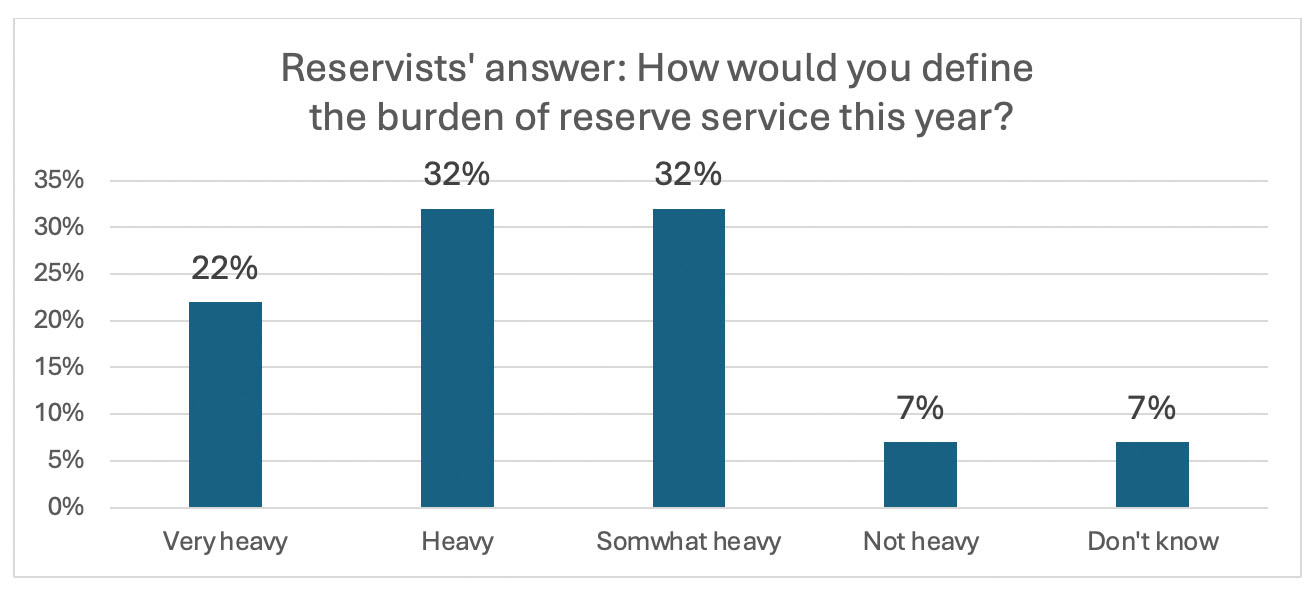
A reader’s response
Dalia Hershko writes: “I find it hard to understand if Israel is losing or winning the war. Can you help me understand this?” My answer: Israel wins many battles but hasn’t yet won the war. Winning the war means, as a minimum, having someone in charge of Gaza that isn’t Hamas, and we are not nearly there yet.
Shmuel Rosner is senior political editor. For more analysis of Israeli and international politics, visit Rosner’s Domain at jewishjournal.com/rosnersdomain.







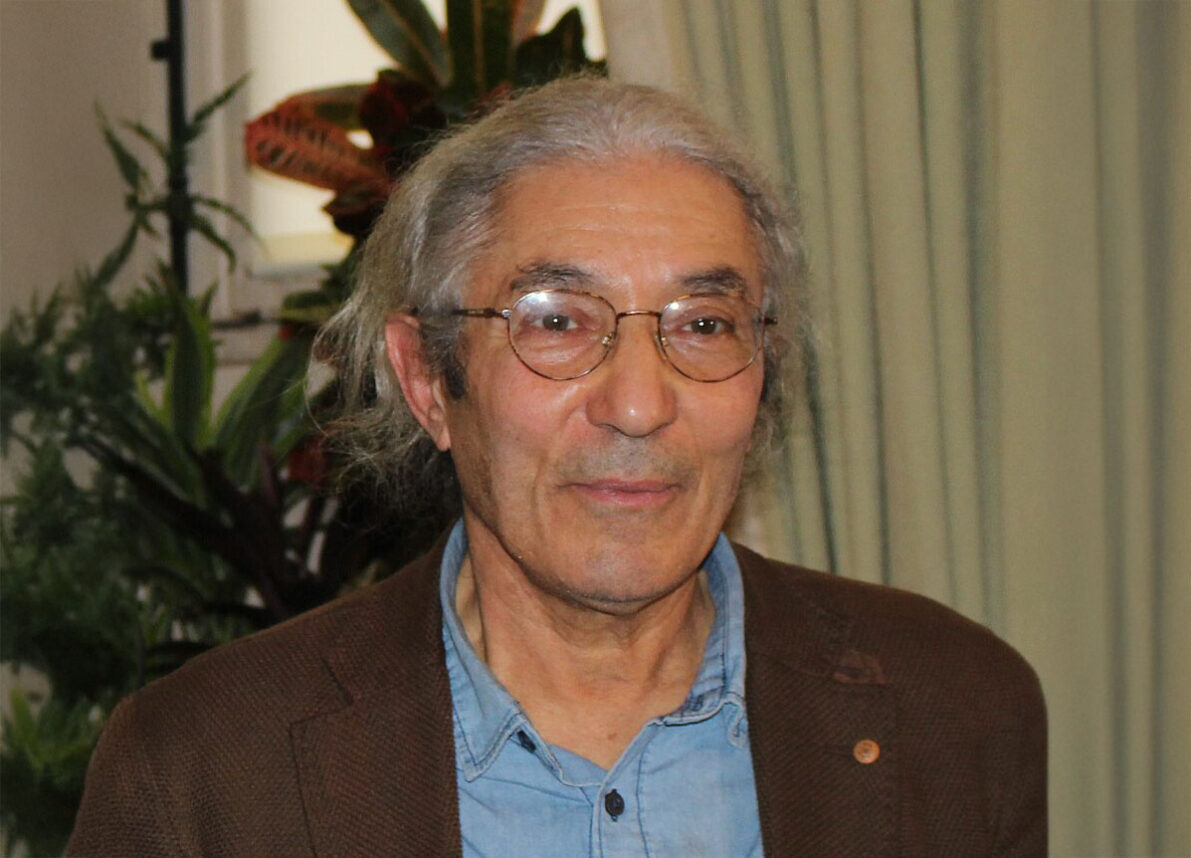


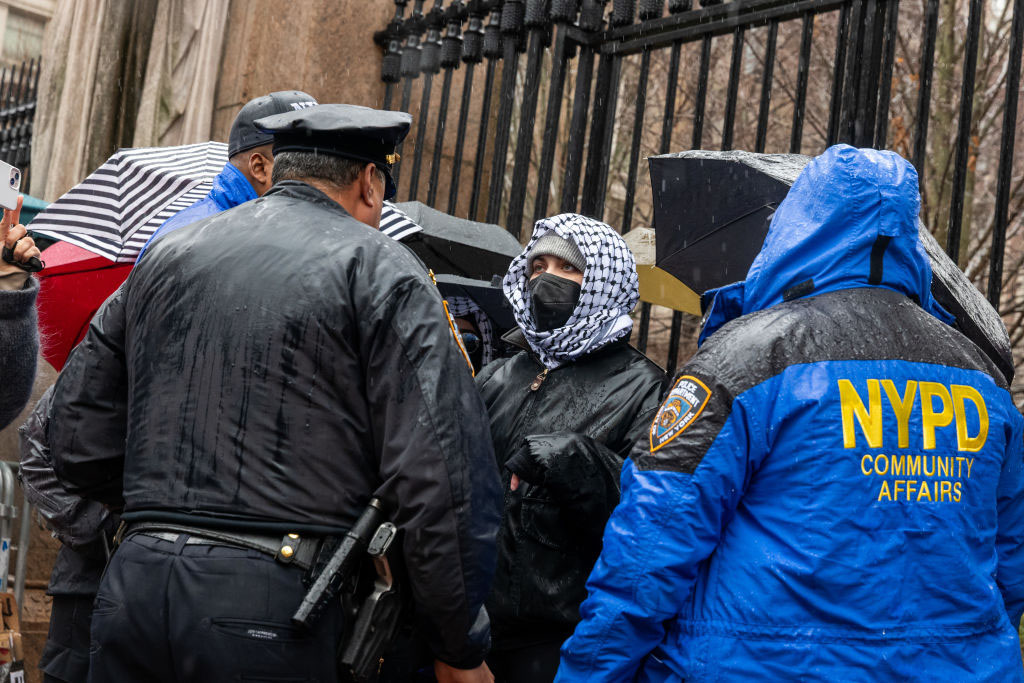

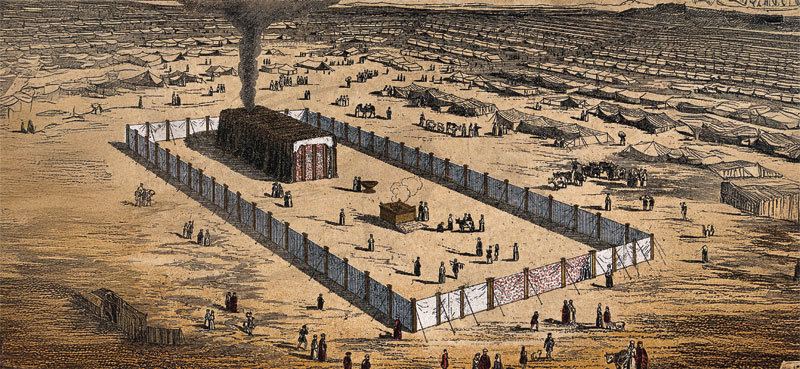



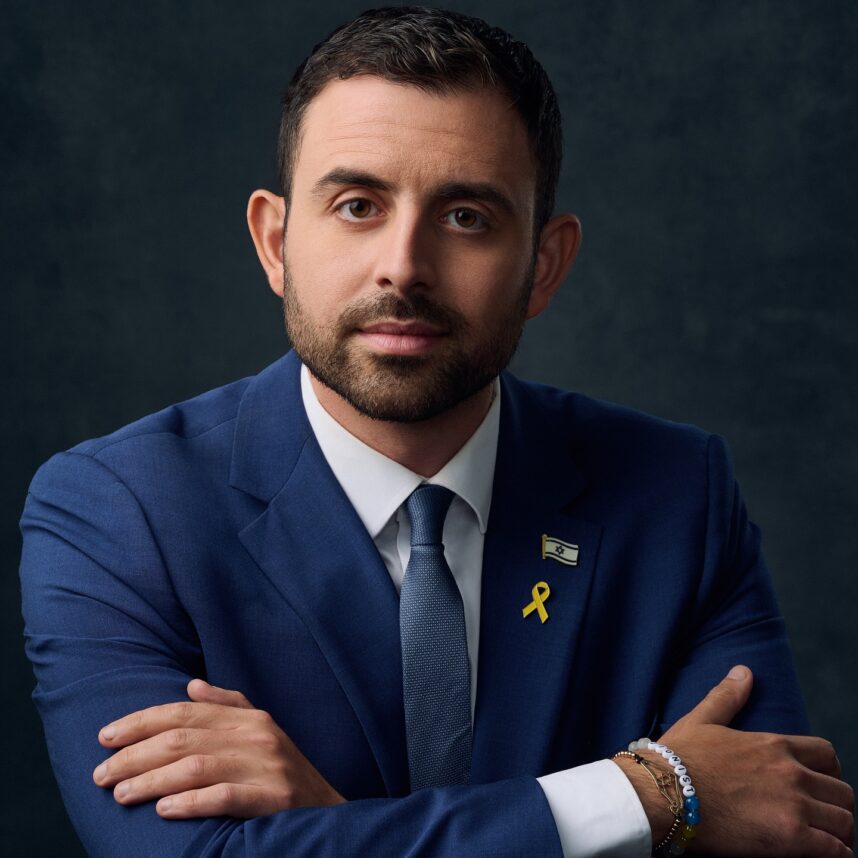







 More news and opinions than at a Shabbat dinner, right in your inbox.
More news and opinions than at a Shabbat dinner, right in your inbox.